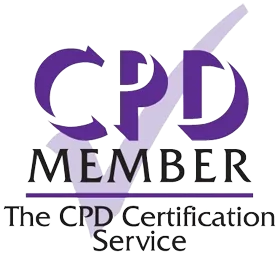29 Apr 2025
Recommended
Minimum 50 mins
Course
Access
Certification
Voiceover

 £20
£20
Learning Outcomes.
By the end of this course,participants will be able:
To understand the principles and purposes of professional supervision, including its role in fostering accountability and high-quality care.
To establish a clear supervision framework, defining boundaries, roles, confidentiality, and expectations.
To apply effective supervision models, deliver constructive feedback, and set SMART performance goals to support staff development.
To facilitate reflective practice, enabling supervisees to critically evaluate and enhance their performance.
To manage conflicts constructively within supervisory relationships using effective communication and collaborative approaches.
To evaluate and improve supervisory practice, ensuring alignment with continuous professional development standards.
Course
Contents.
01
Purpose, scope, and legislative context, including the Care Act 2014.
03
Establishing boundaries, confidentiality, roles, and expectations.
05
Delivering constructive feedback and navigating organisational and personal power structures.
08
Preparing for and conducting appraisals to foster ongoing development.

06
Identifying and resolving task-based and relationship-based conflicts.
09
Addressing confidentiality, boundaries, and limitations in the supervision process.
02
Developmental, scaffolding, integrative, and solution-focused frameworks.
04
Implementing SMART targets and performance cycles.
07
Encouraging supervisees to use reflection to identify strengths and areas for growth.
10
Using feedback and reflective practice to enhance supervision effectiveness over time.
 Summary
Summary


